Electrical Engineering
We, as a part of one of the best diploma colleges in Pune had an envision of a department (faculty, staff, and students) which is helping to define, make an impact on, and lead in the field of Electrical Engineering through its education. The Department organizes guest lectures, short term training program, workshop and seminar on various specialized field. This is an opportunity to meet eminent speaker and exchange ideas.
Electrical engineering is one of the core fields of engineering, so it is always Evergreen in terms of Scope and Job Prospects. Electrical Engineering is the heart of whole engineering discipline and therefore its scope will never fade even many years from now. Nowadays, we see Power Electronics is playing an important role in the implementation and control of Electrical Machines & Power System.
Vision
To build technically sound Electrical Engineers with practical knowledge and skills to provide valuable human resources to industry and society.
Mission
M1: To provide conducive environment through technical education by effective teaching-learning methods for academic excellence.
M2: M2: To provide a platform through co-curricular and extra-curricular activities for dealing with socio-economic needs
M3: To build entrepreneurship ability by developing self-learning and life skills.
Program Educational Objectives (PEO)
Program Educational Objectives
- PEO1 : Become professional by acquiring Electrical Engineering knowledge, propel in higher education and succeed in career or be an entrepreneur.
- PEO2 : Contribute in sustainable development of society by considering environmental and ethical aspects.
- PEO3 : Provide solutions to real time problems by applying developed self-learning abilities and concepts of Electrical Engineering.
Program Educational Objectives
- PEO1 : Provide socially responsible, environment friendly solutions to Electrical engineering related broad-based problems adapting professional ethics.
- PEO2 : Adapt state-of-the-art Electrical engineering broad-based technologies to work in multi-disciplinary work environments.
- PEO3 : Solve broad-based problems individually and as a team member communicating effectively in the world of work.
Program Specific Objectives (PSO)
Program Specific Objectives
- PSO1 Electrical Machines: Maintain various AC, DC static and rotating electrical machines.
- PSO2 Power Systems : Maintain electrical power system.
Program Specific Objectives
-
PSO 1. Electrical Equipment: Maintain various types of rotating and static electrical equipment.
-
PSO 2. Electric Power Systems: Maintain different types of electrical power systems.
Program Outcomes (PO)
Program Outcomes
-
PO1: Basic knowledge: An ability to apply knowledge of basic mathematics, science and engineering to solve the engineering problems.
-
PO2: Discipline knowledge: An ability to apply discipline– specific knowledge to solve core and/or applied engineering problems.
-
PO3: Experiments and practice: An ability to plan and perform experiments and practices and to use the results to solve engineering problems.
-
PO4: Engineering tools: Apply appropriate technologies and tools with an understanding of the limitations.
-
PO5: The engineer and society: Demonstrate knowledge to assess societal, health, safety, legal and cultural issues and the consequent responsibilities relevant to engineering practice.
-
PO6: Environment and sustainability: Understand the impact of the engineering solutions in societal and environmental contexts, and demonstrate the knowledge and need for sustainable development.
-
PO7: Ethics: Apply ethical principles and commit to professional ethics and responsibilities and norms of the Electrical Engineering practice.
-
PO8: Individual and team work: Function effectively as an individual, and as a member or leader in diverse/multidisciplinary teams.
-
PO9: Communication: An ability to communicate effectively.
-
PO10: Life-long learning: Recognize the need for, and have the preparation and ability to engage in independent and life-long learning in the context of technological changes.
Program Outcomes
- PO1 : Basic and Discipline specific knowledge : Apply knowledge of basic mathematics, science and engineering fundamentals and engineering specialization to solve the engineering problems.
- PO2 : Problem analysis: Identify and analyse well-defined engineering problems using codified standard methods.
- PO3 : Design/ development of solutions : Design solutions for well-defined technical problems and assist with the design of systems components or processes to meet specified needs.
- PO4 : Engineering Tools, Experimentation and Testing : Apply modern engineering tools and appropriate technique to conduct standard tests and measurements.
- PO5 : Engineering practices for society, sustainability and environment : Apply appropriate technology in context of society, sustainability, environment and ethical practices.
- PO6 : Project Management : Use engineering management principles individually, as a team member or a leader to manage projects and effectively communicate about well-defined engineering activities.
- PO7 : Life-long learning : Ability to analyse individual needs and engage in updating in the context of technological changes.

Prof. S. A. Bugade
Head of Department ME (Electrical Power System)
shivrajbugade8295@gmail.com
.jpeg)
Prof. S.s Nikam
Lecturer ME (EPS) BE (ELECTRICAL)
nikam1816@gmail.com
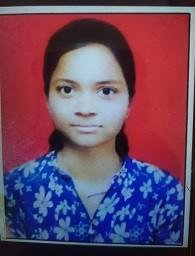
Prof. H. N. Sarkale
Lecturer Chemistry
harshasarkale1234@gmail.com
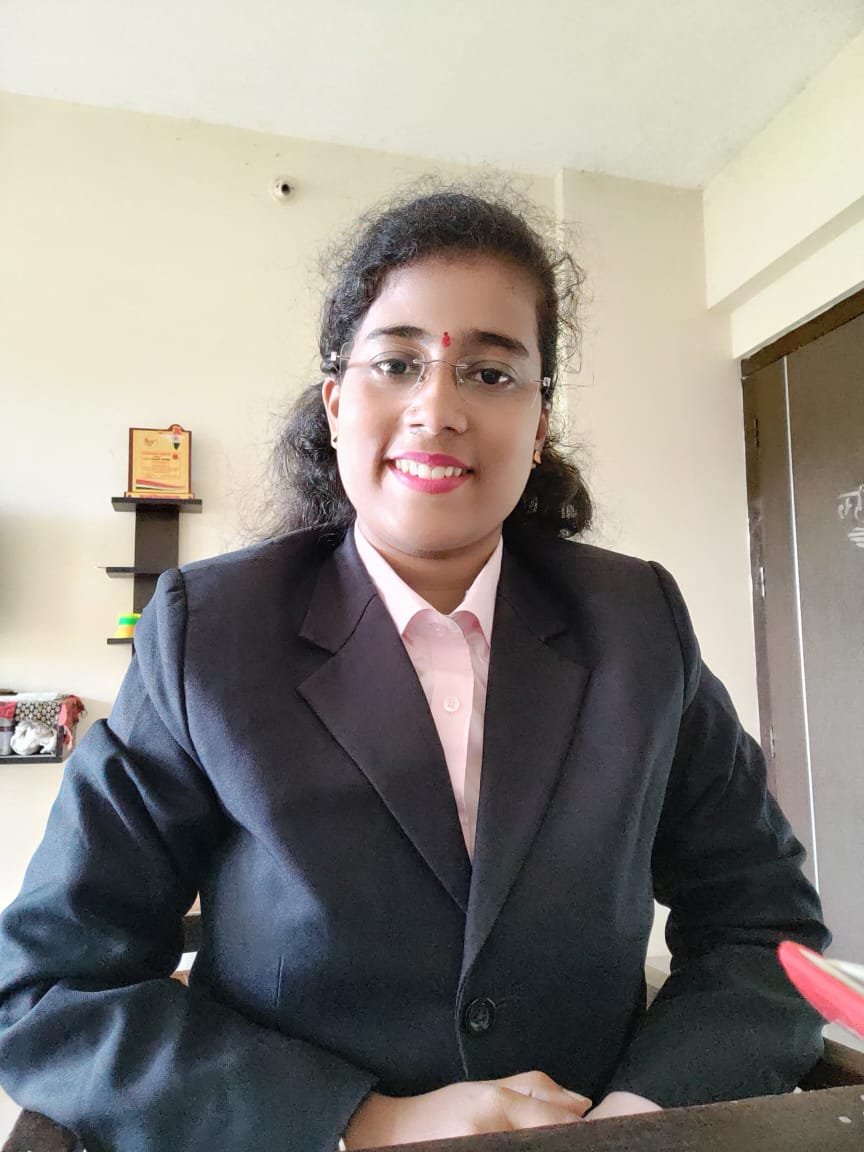
Prof. M. D. Sonawane
Lecturer B.E. Electrical
sonawanemd06@gmail.com
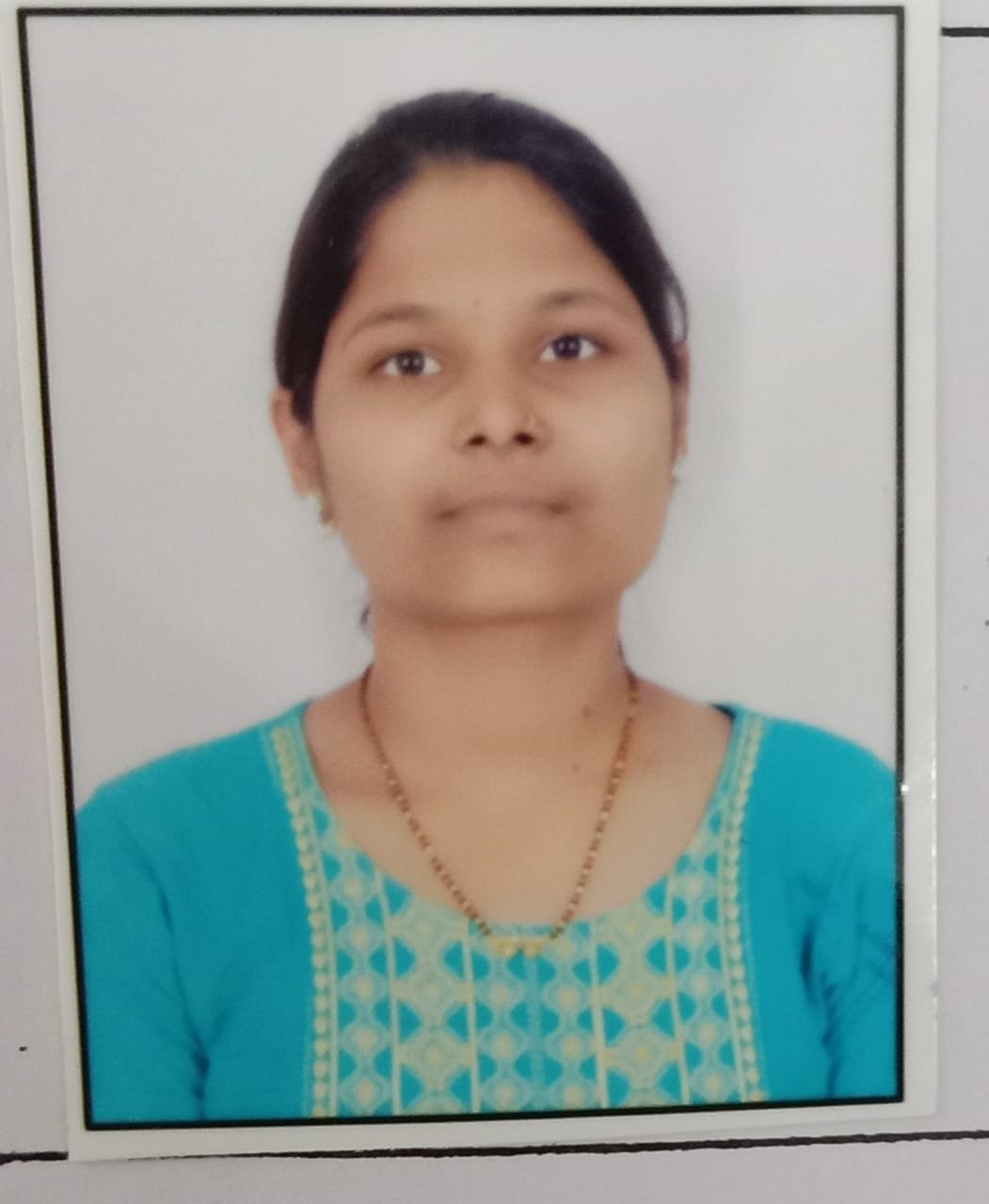
Prof. P. B Nagane .
Lecturer BTech (E&TC)
poonamnagane10@gmail.com
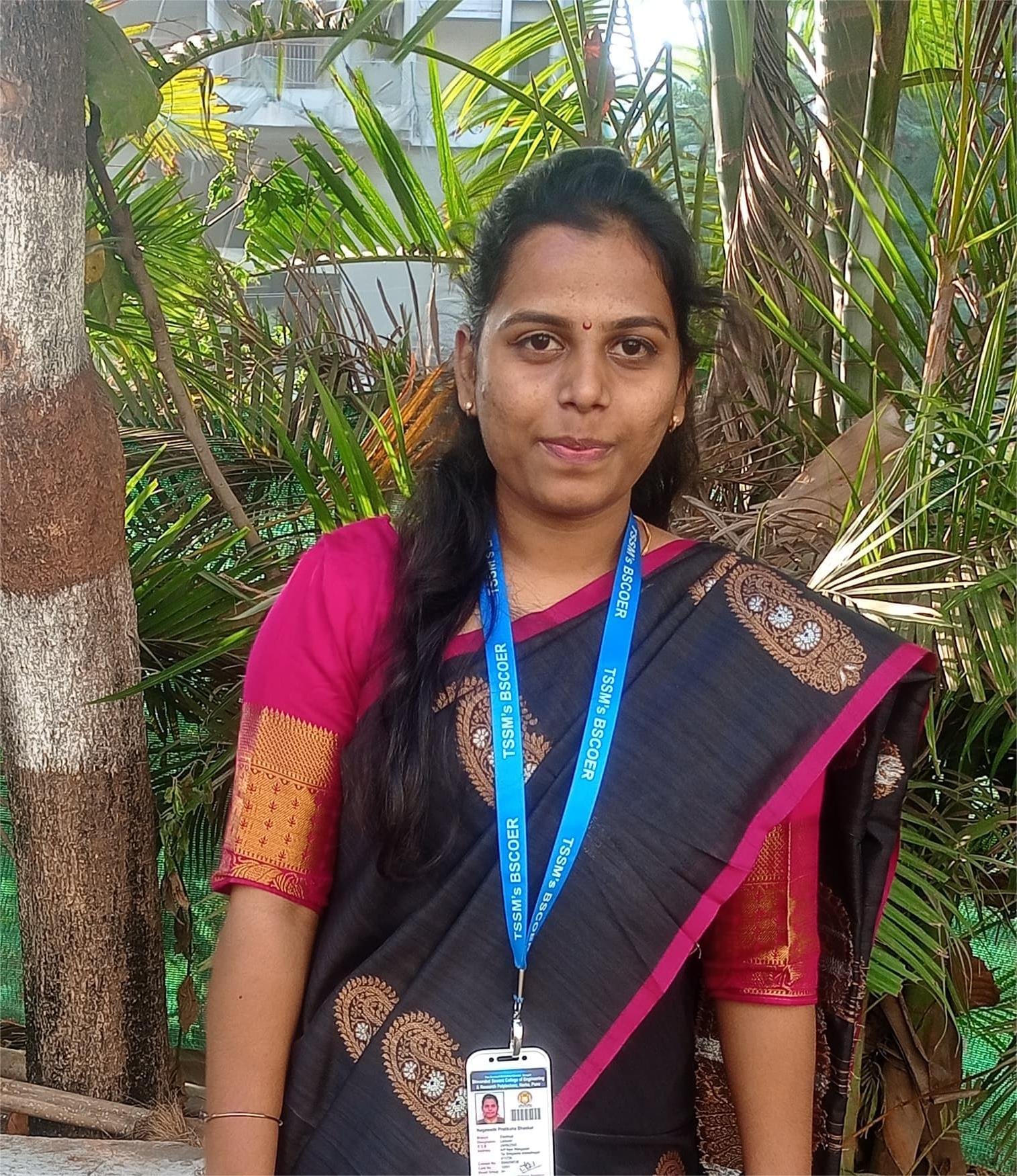
Prof. P.b Nagawade
Lecturer ME (PURSUING) BE (ELECTRICAL)
pratikshan.tssm@gmail.com
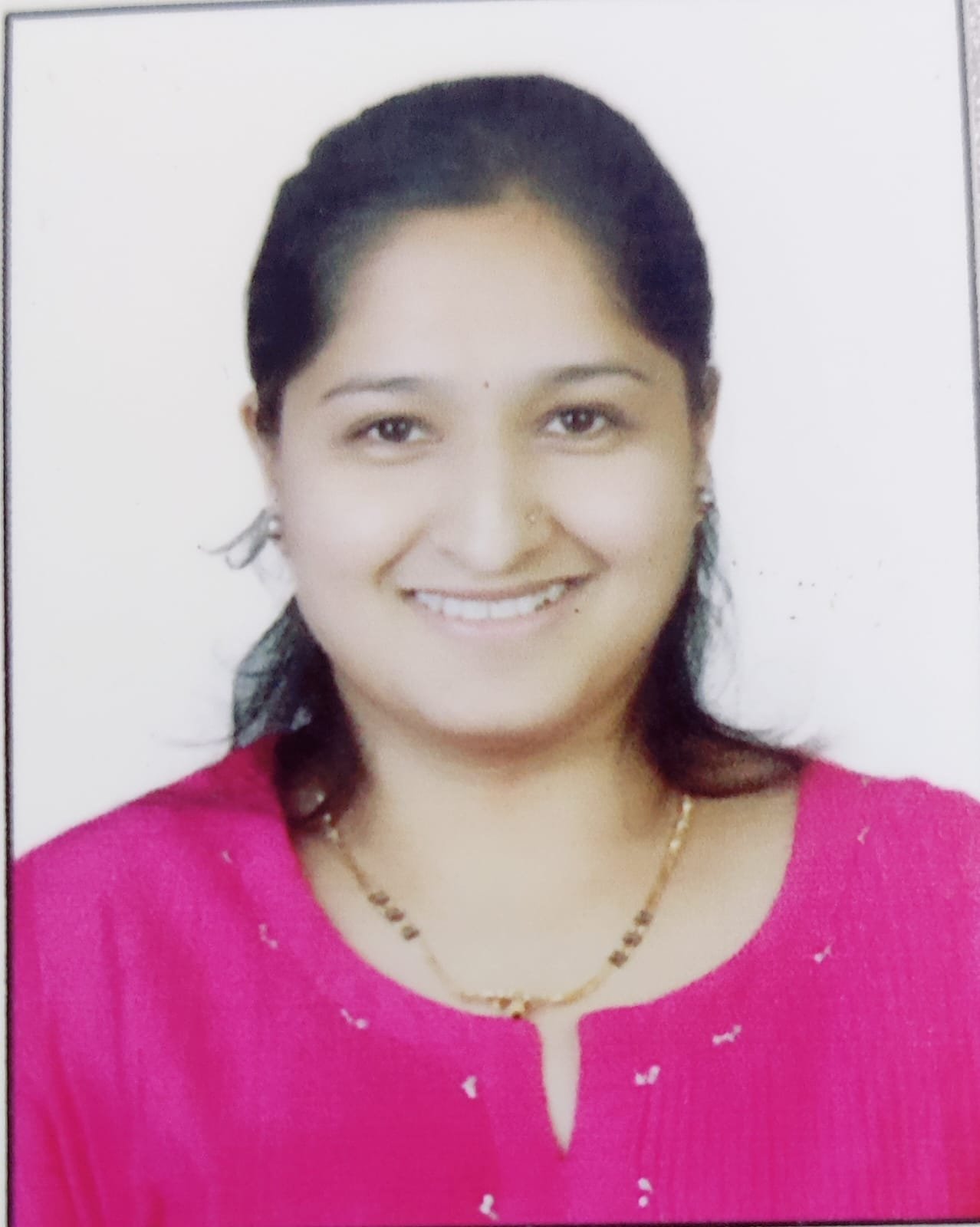
Prof. S.s. Gole
Lecturer ME (PURSUING) BE (E&TC)
snehalgavhalkar897@gmail.com
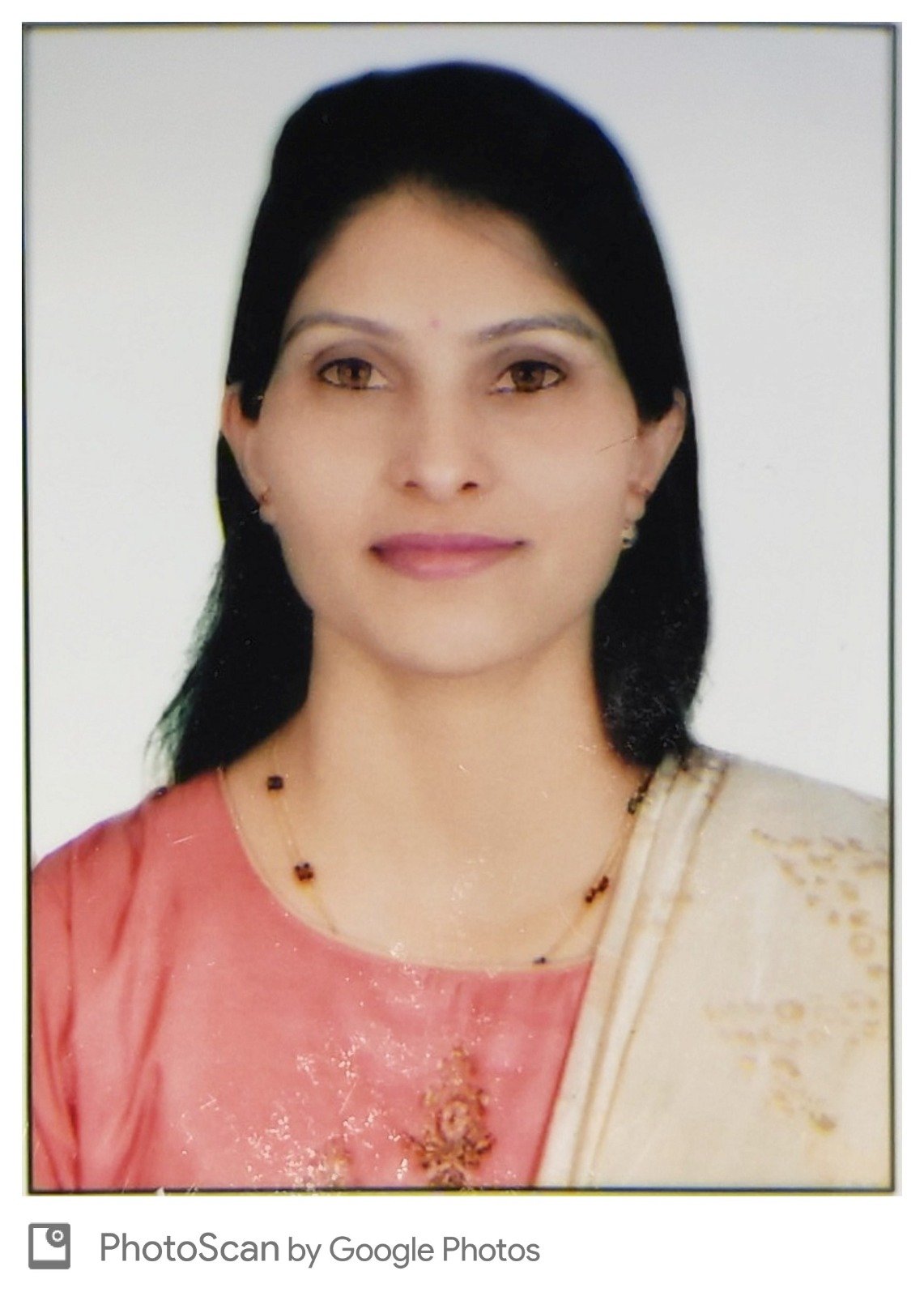
Prof. V.c Bhelonde
Lecturer ME (Power Electronics &Drives),BE(Electrical)
vaishnaviwaghale@gmail.com
Student Association
| Sr. No. | Name | Class | Designation |
|---|---|---|---|
| 1 | Manjare Yash Dnyaneshwar | TYEE | President |
| 2 | Kumbhar Shrikant Rahul | SYEE | Vice President |
| 3 | Bhalerao Saurabh Chaitanya | TYEE | Secretary |
| 4 | Sawant Sumit Sadashiv | TYEE | Treasurer |
| 5 | Kadbane Jay Yashwant | SYEE | Cultural secretary |
| 6 | Phate Rohit Sachin | SYEE | Sport Secretary |


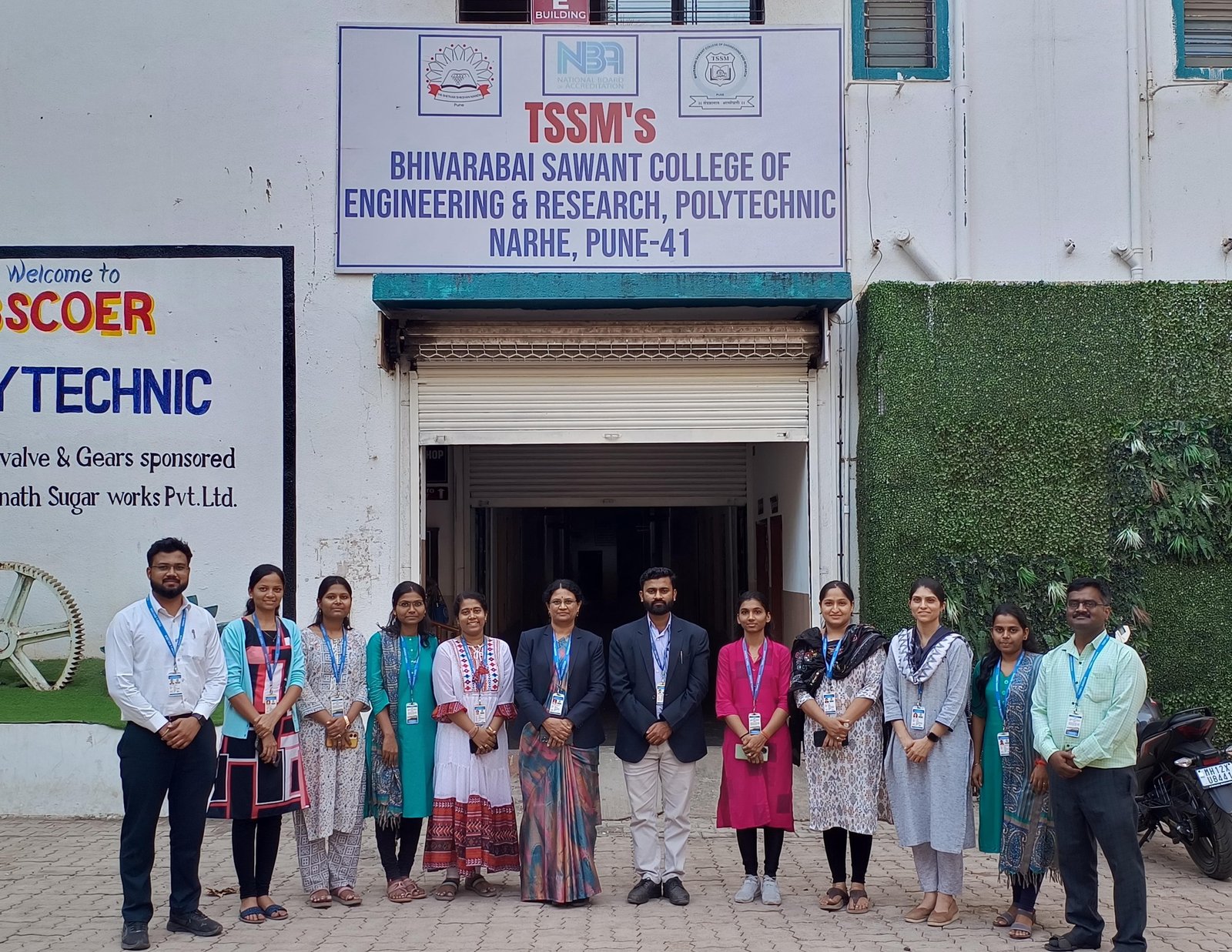
Electrical Measurement & Network Analysis
TOD energy meter,3 phase dimmerstat,3 phase lamp bank 10A,3 phase Inductor Load bank, 3 phase capactor Load bank,1 phase static en ...
Read MorePower Electronics & Drives Laboratory
VI Charactristics of SCR /TRAIC/Trainer,VI Charactristics & Triggering Circuit for MOSFET &IGBT,Single Phase Half/Full Controlled ...
Read MoreMicroprocessor & Microcontroller Laboratory
Expreimental kit for lowpass filter,Dual trace Cathode Ray Oscilloscope (CRO),Digital Lab Trainer Kit,Experimental kit for frequen ...
Read MoreSwitchgear & Protection Laboratory
Solid state static universal relay including overcurrent relays (Instantaneous, Definite time, IDMT, Very inverse), overvoltage & ...
Read More